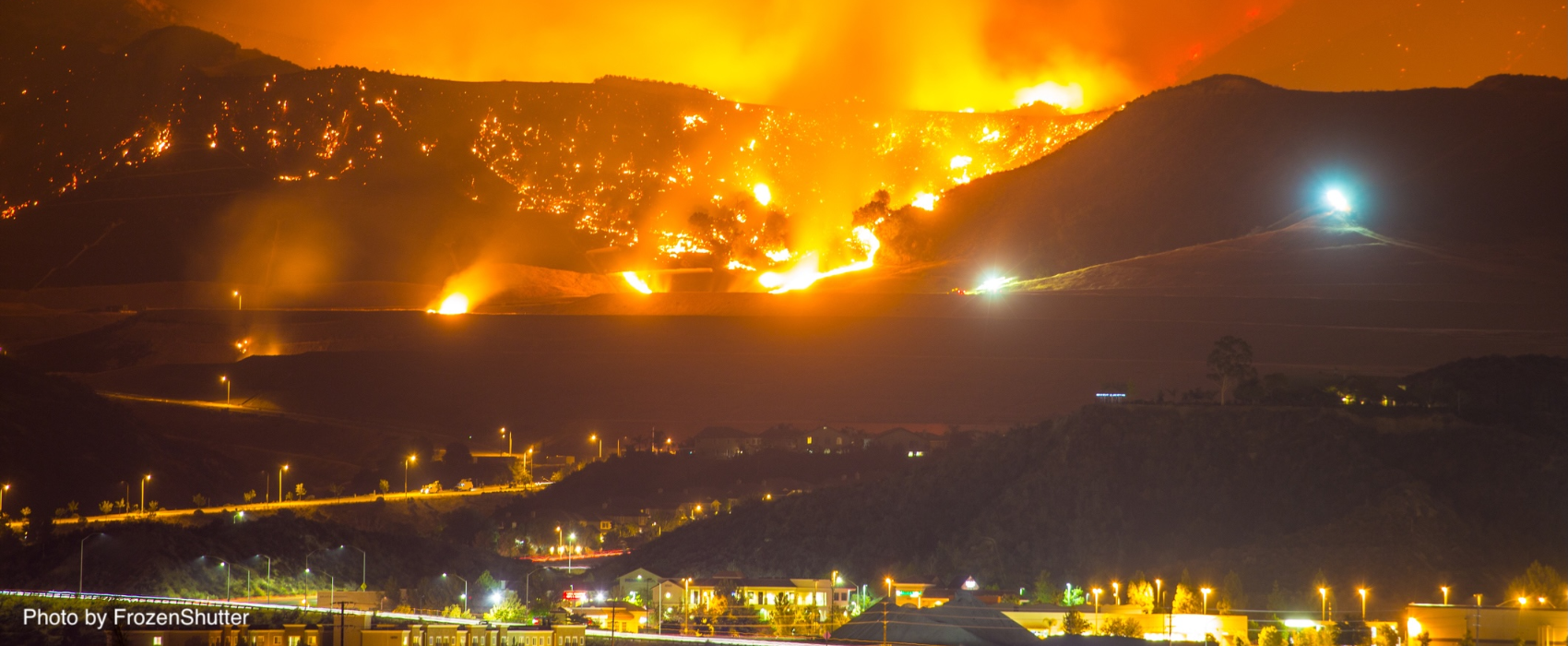“The air [after a wildfire] contains tiny particles from burning fossil fuels, homes, and even pesticides, which are linked to cancer, cardiac damage, and respiratory issues,” said Dr. Lisa Patel of Stanford in an interview with Katie Couric highlighting the severe public health impacts of Los Angeles wildfires. “The smoke itself, because it is a neurotoxin, can be a risk factor for depression and anxiety,” she added. Patel and other Stanford experts were also featured in a recent article addressing how fires affect health, What We Know About the Health Effects of Wildfire.
Experts from UC Davis and UCSF echo these warnings. Research has uncovered myriad risks, from damage to fetal cells to respiratory infections like coccidioidomycosis to disruptions to cancer recovery. The Public Health Institute’s Tracking America and UCSF further underscore concerns with warnings about drinking water contamination in fire-stricken areas.
As Los Angeles grapples with the fires’ aftermath, Americares is providing immediate assistance, Airbnb is coordinating free, temporary housing for people who lost their homes, and Chevron has committed $1 million to relief efforts — but long-term strategies remain critical. UC Berkeley‘s Michael Gollner advocates strengthening defensible space planning and enforcement to minimize future risks. His colleagues emphasize the need for thorough assessments of housing and rebuilding policies to foster resilience and mitigate future public health threats. Addressing the health impacts of wildfires demands a coordinated, forward-looking approach as climate change continues to drive their frequency and intensity. Learn more by watching the Alliance’s 2022 convening, Building Community Resilience Against the Health Effects of Wildfires and Air Pollution.

